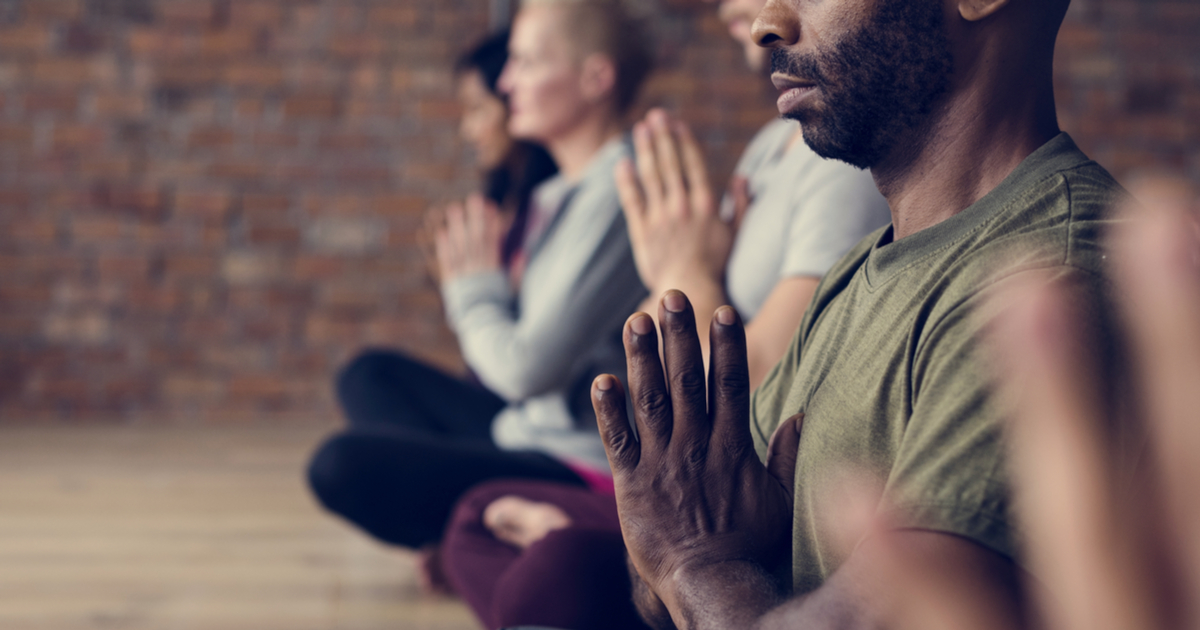 By Gabriel Cade, MD
By Gabriel Cade, MD
If I see you in the emergency department and end up sending you home it means that I think you’re going to live through your recent illness or injury. But that might not mean that you’re all of a sudden completely “healthy,” right? You’ve still got to take care of yourself. Learning more about your medical problems and taking ownership is an important part of health and healing – take your medications, try to eat healthy (or healthier), get good sleep and reasonable exercise, and follow up with your primary doctor or specialists.
Unless, of course, you can’t do any of these things – and you’re sure not alone if this is the case. This is what’s considered social determinants of health.
The World Health Organization defines “social determinants of health” as the “conditions in which people are born, grow, live, work and age.” These factors are influenced by the distribution of money, power and resources at global, national and local levels. Differences in these circumstances drive health inequality. This is about access. This is about the environment in which you live and work and the real effect this environment has on your ability to be healthy.
How can you get your medications or make it to that follow-up appointment or even the emergency department (or home) if you don’t have a car? How can you buy healthy groceries or understand what this means or understand other complex details about your health situation without access to education and educational resources? How can you stay healthy without a supportive family, friends or community? How can you decide between your electricity bill or your medications or food for your family? These are real and understandable obstacles.
Consider these questions over the past 12 months of your life:
- Do you worry that your food would run out before you got money to buy more?
- Do you worry about losing your housing or are you without housing?
- Have you or family members been unable to get utilities when it was really needed?
- Has lack of transportation kept you from getting to medical appointments, getting your medications or from getting other things you need?
- Have you been physically or emotionally hurt by someone?
If you answer yes to any of these questions, then you are among the many affected by social determinants of health. We have excellent local doctors and clinics – the providers are smart, compassionate and dedicated to caring for our isolated population. Living in more rural or isolated areas of our region, as so many of us do, is wonderfully serene and lovely, but it also means that access to resources is very challenging. There is a significant movement at the state level happening to work harder to identify and address these health disparities.
Community and Healthcare Resources
Gabriel Cade, MD, is the Medical Director in the emergency department at Blue Ridge Regional Hospital.
